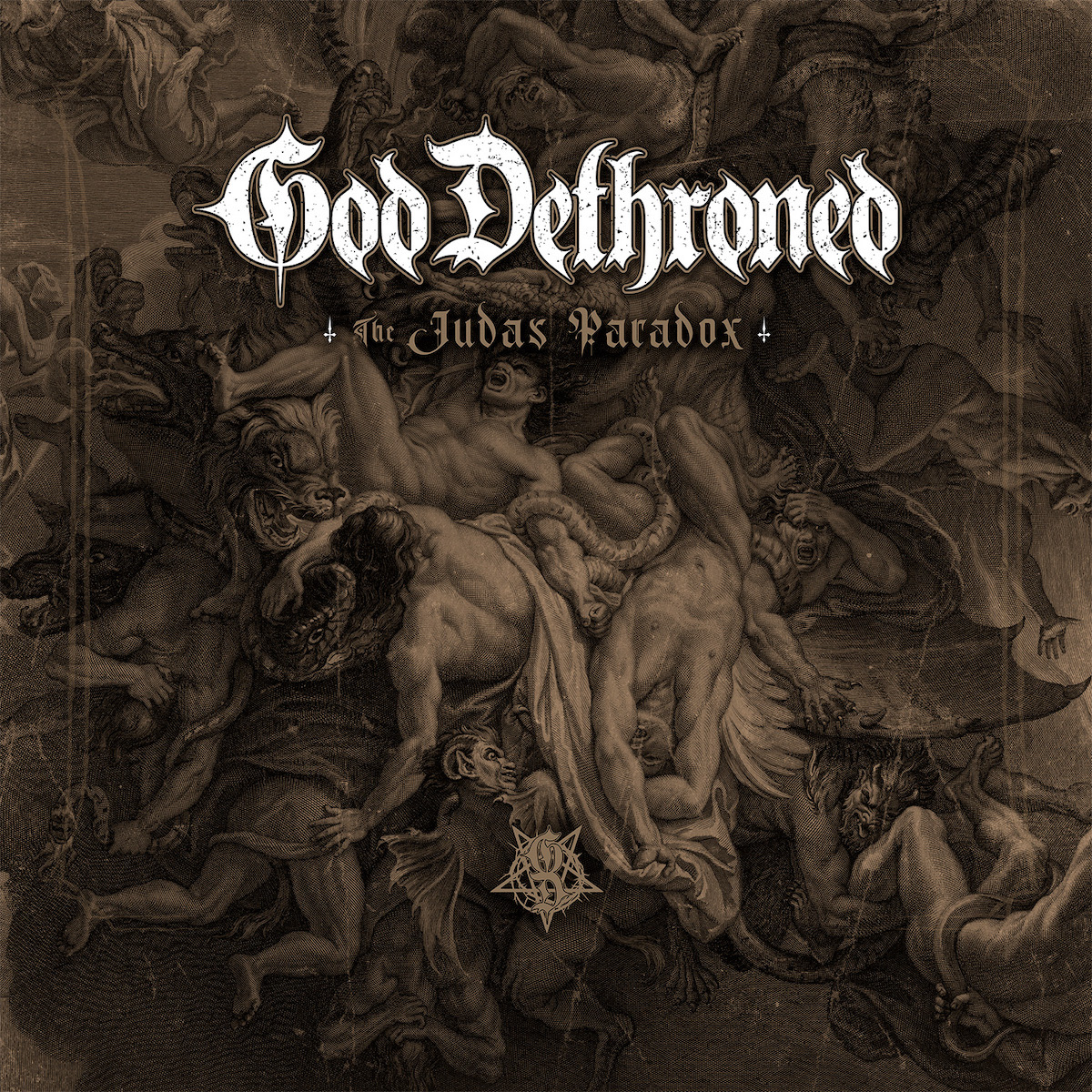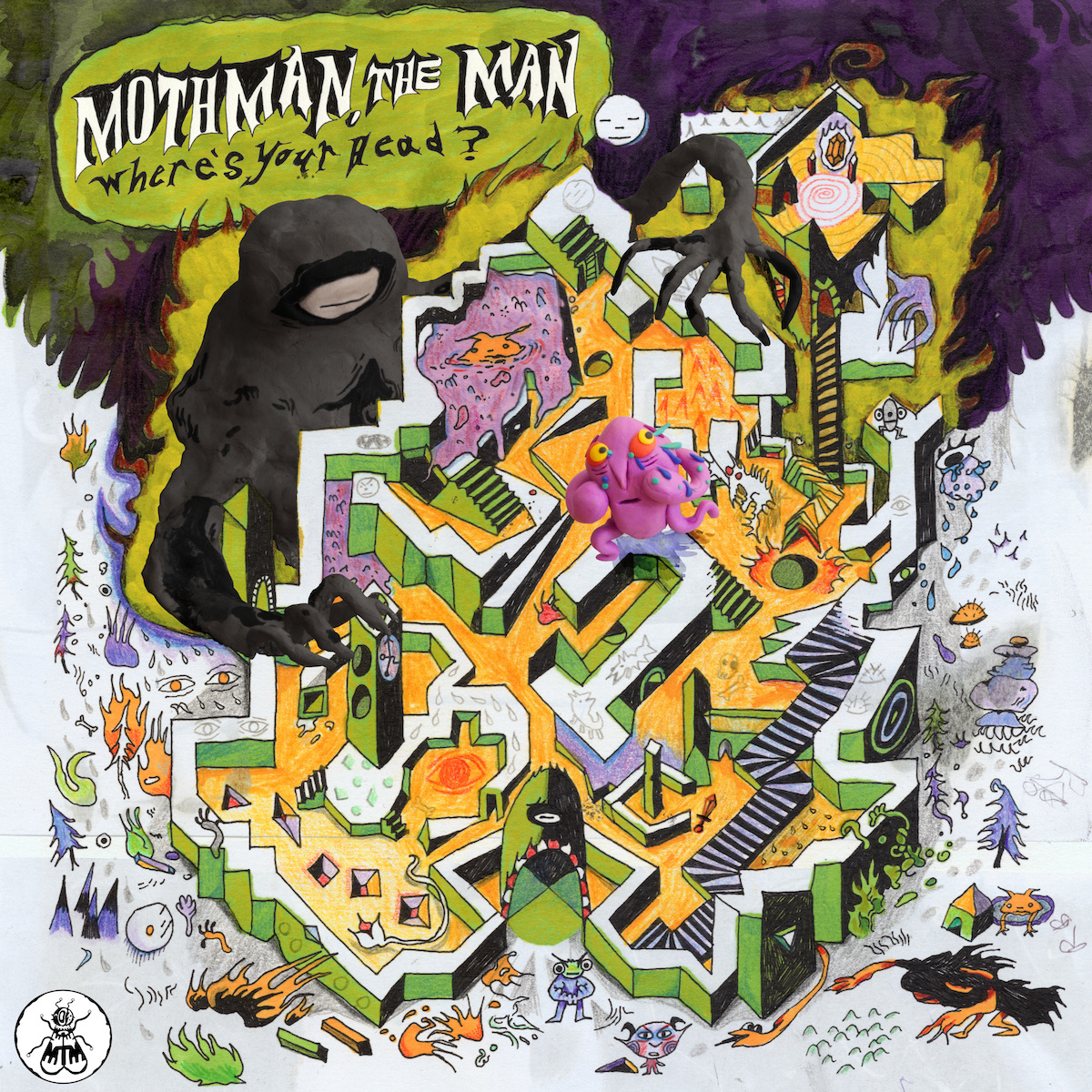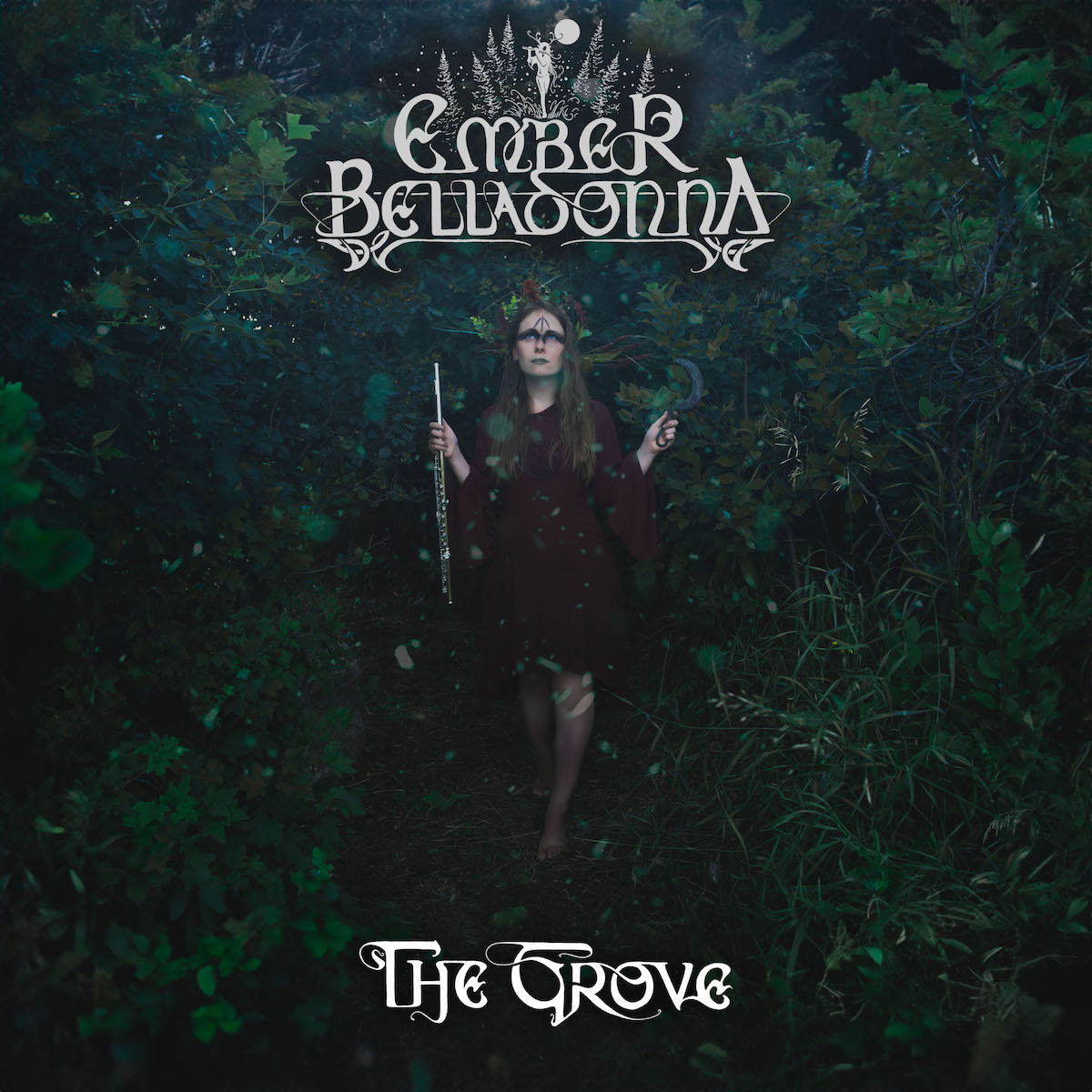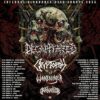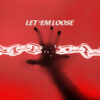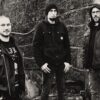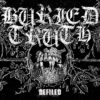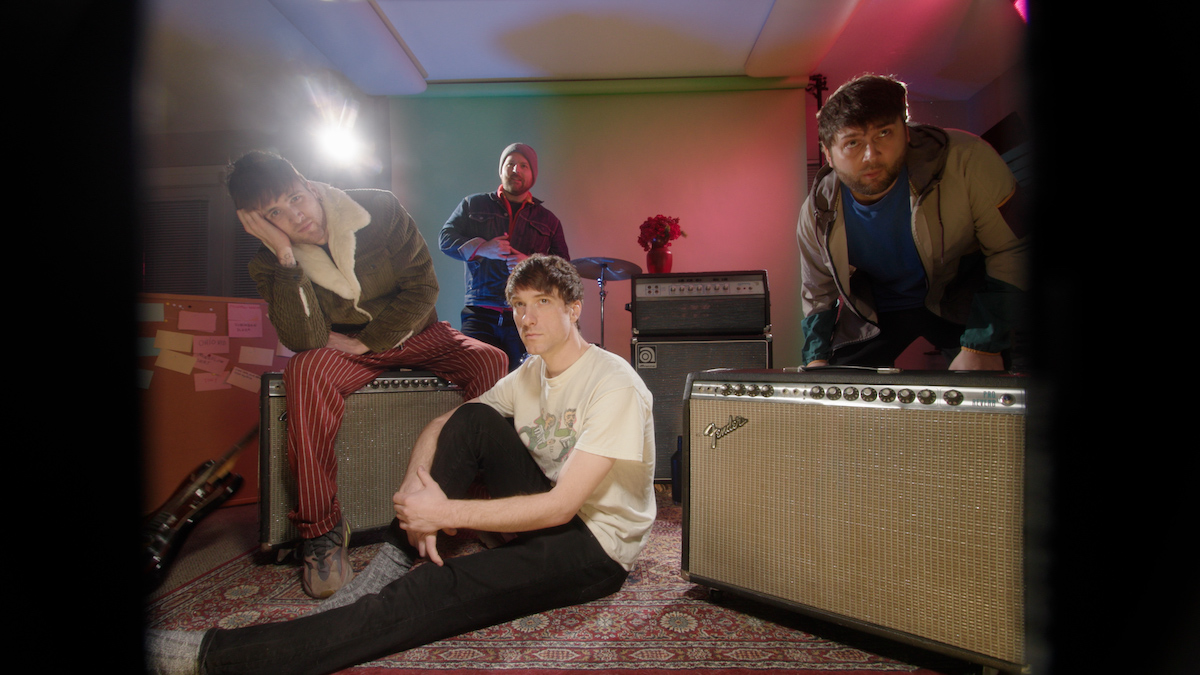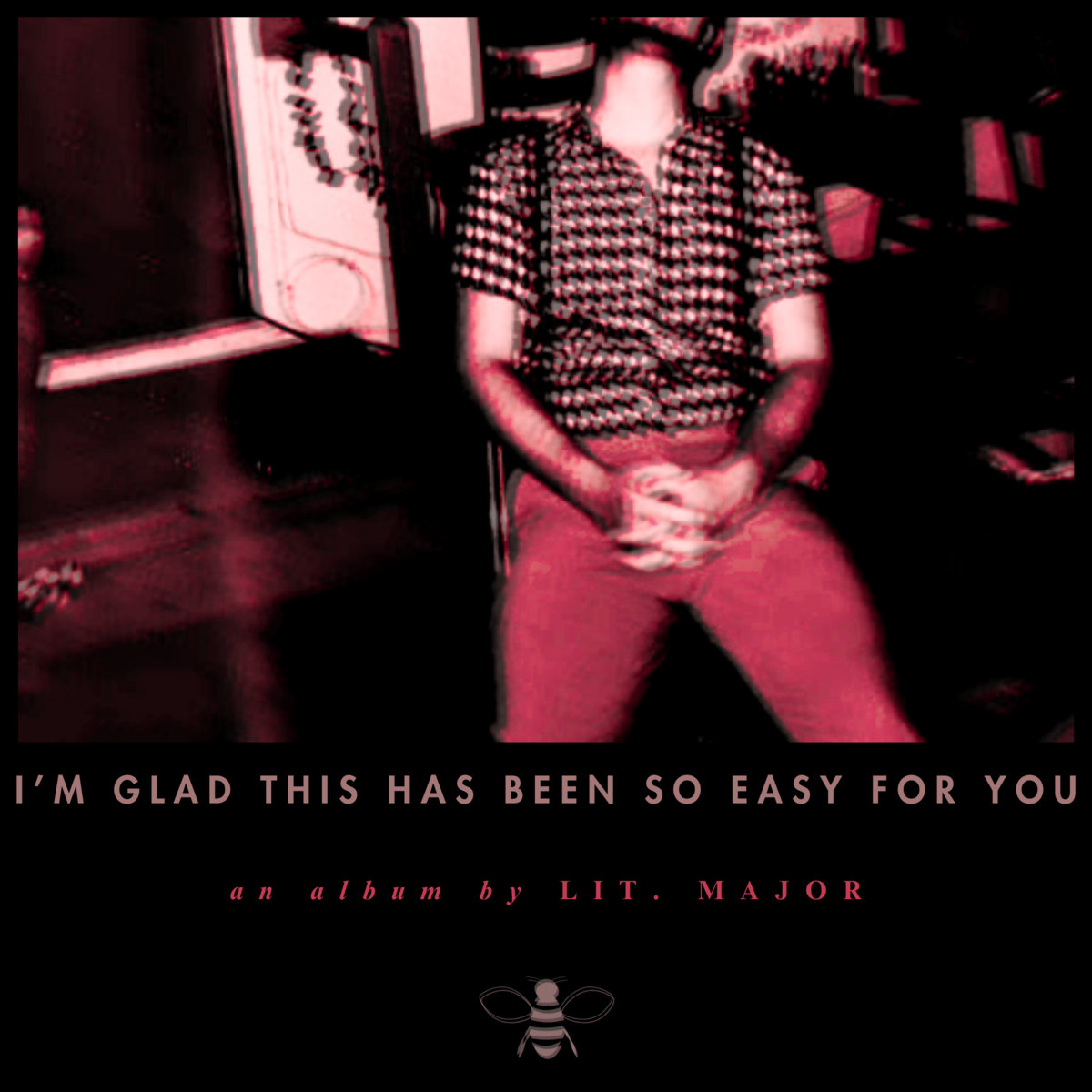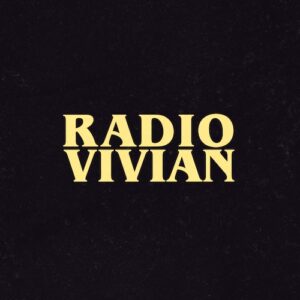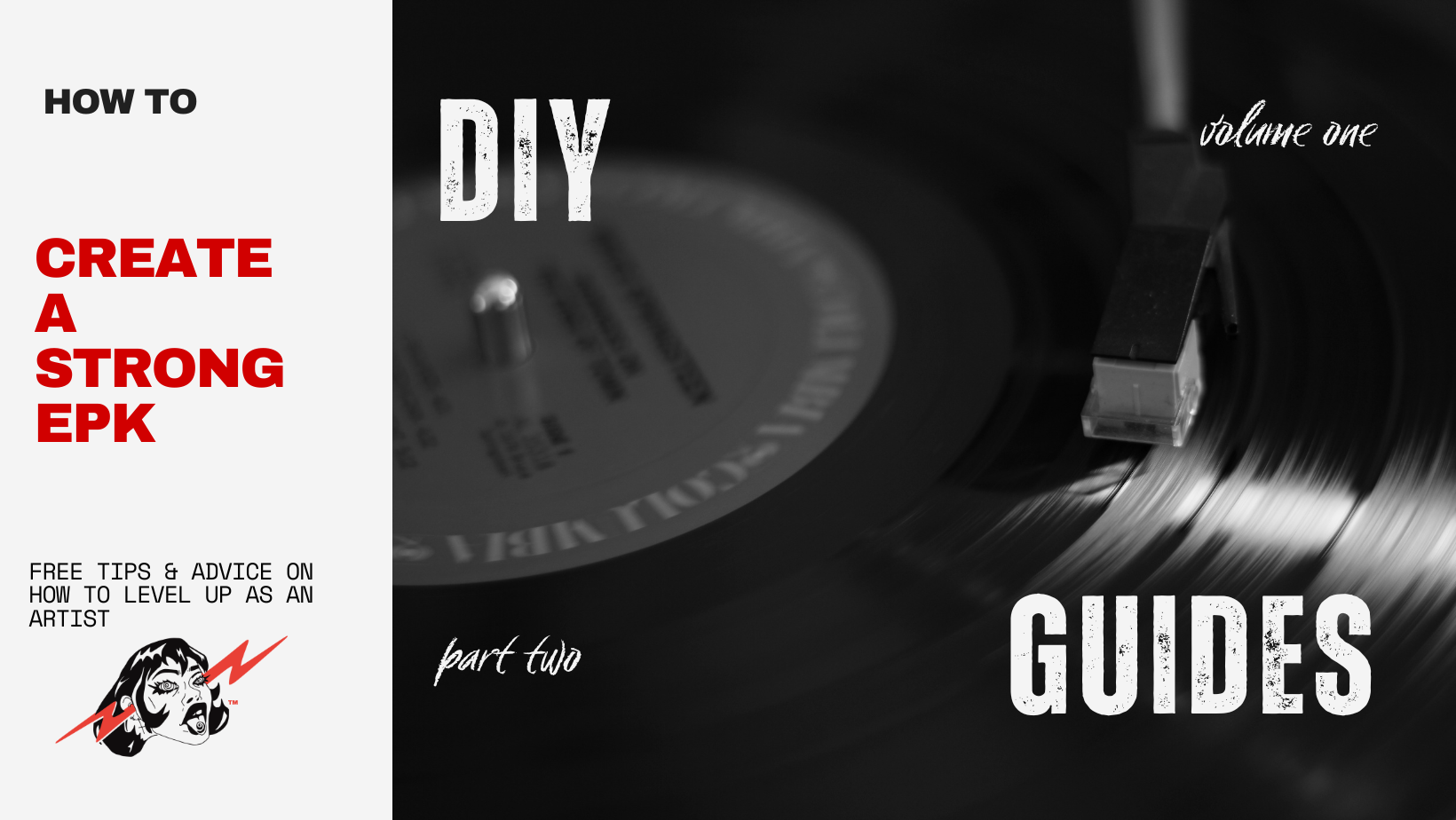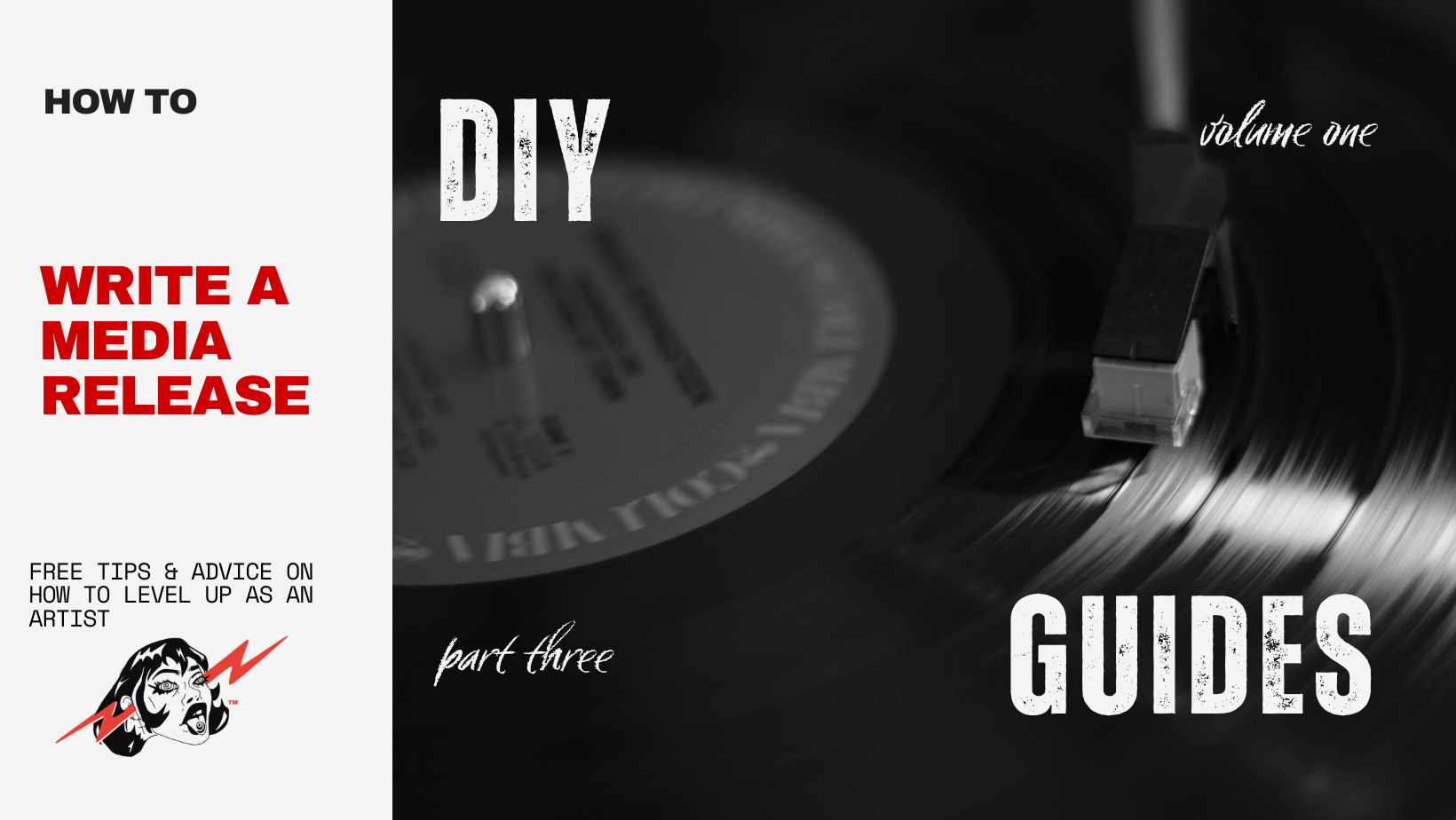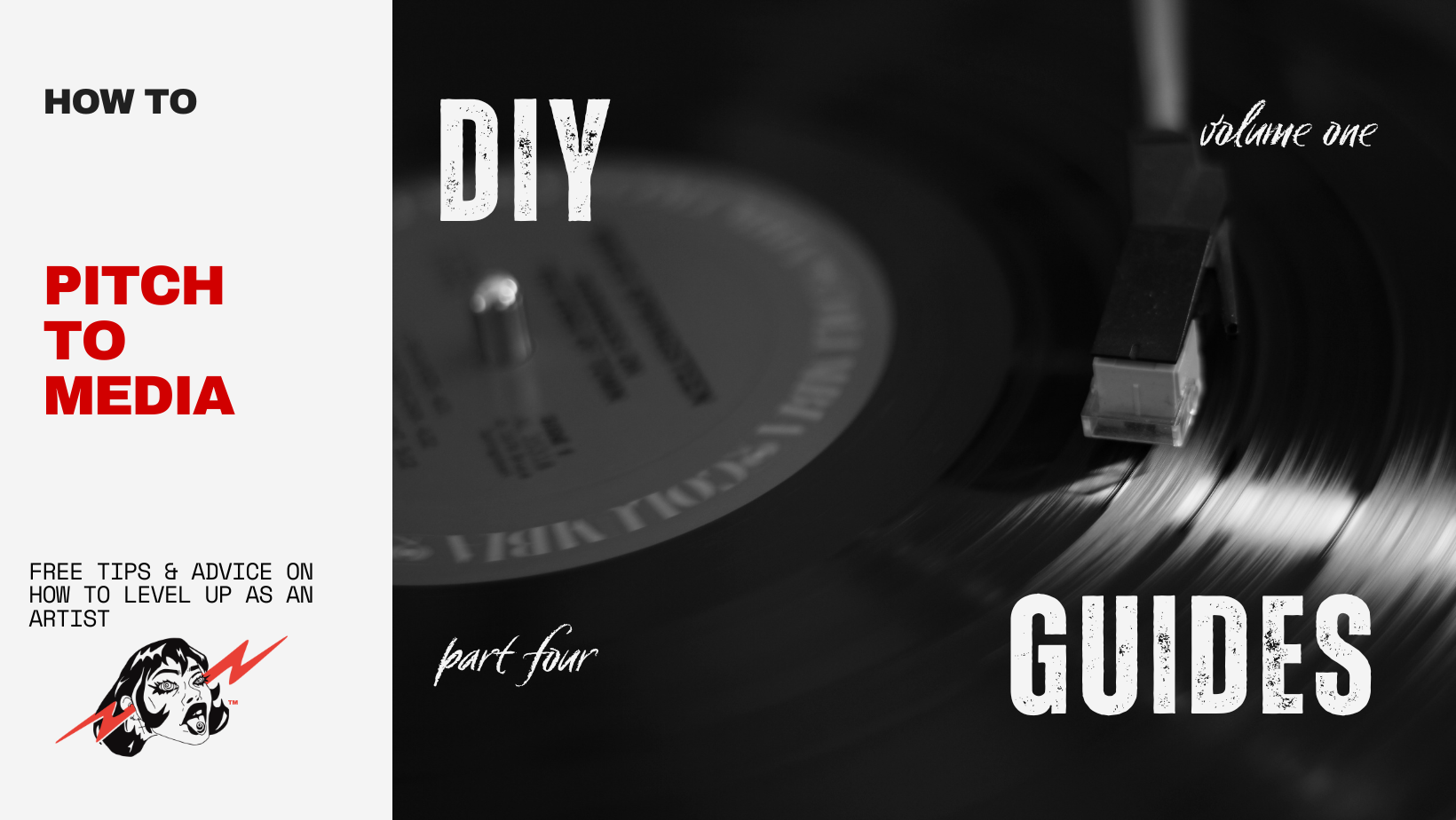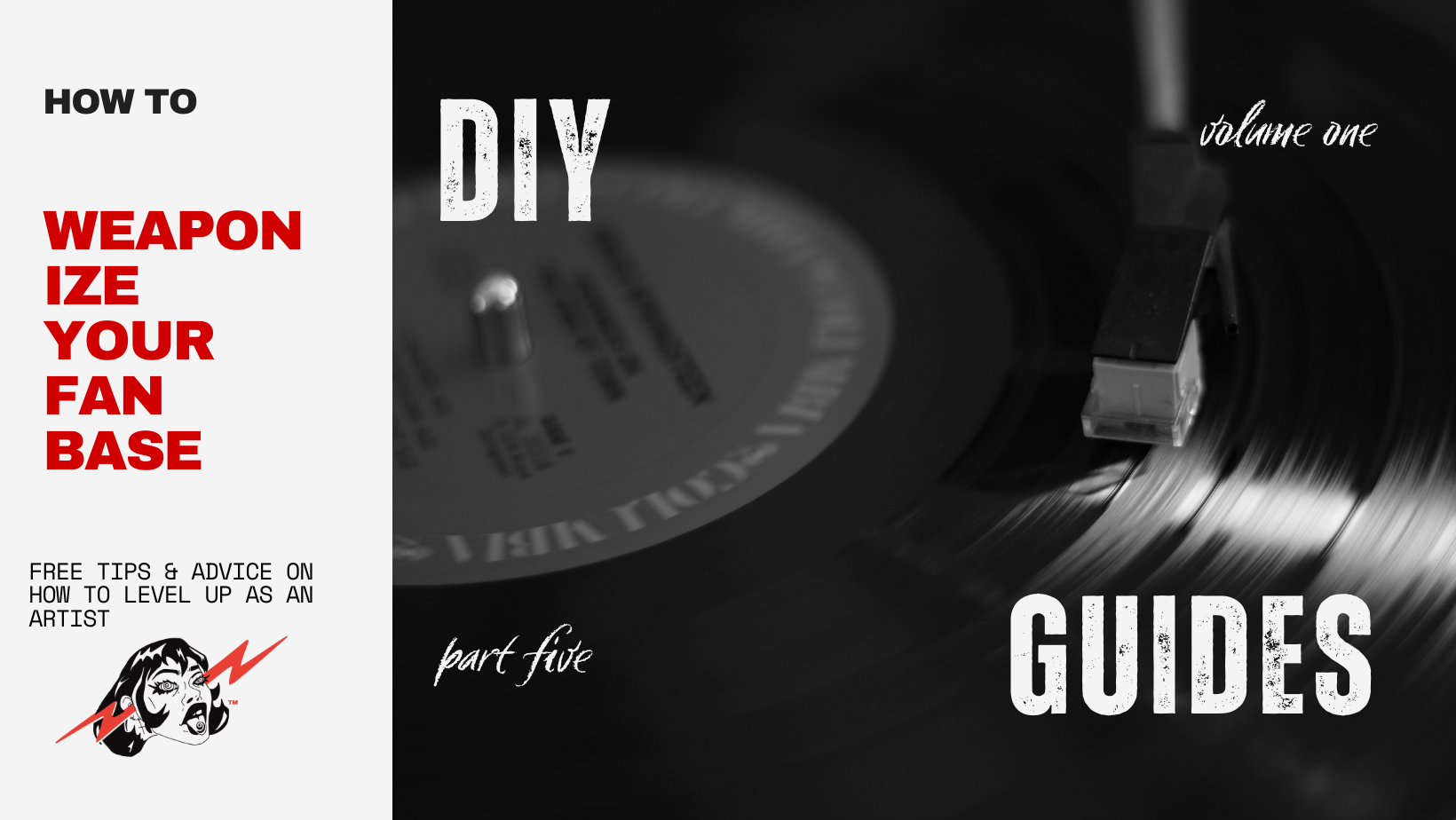A band with a rich history of being an extreme metal band is God Dethroned, and their history dates back to 1990 and their latest album, The Judas Paradox, out now is a new peak in the band’s evolution that offers a complex blend of religious and mythological themes embedded in their distinctively brutal sound.
Initially formed under the leadership of Henri Sattler, God Dethroned is known for their relentless innovation and dramatic history. Despite enduring lineup changes and a hiatus, their return in 2014 saw them reinvigorate their sound and with The Judas Paradox the band continues to push boundaries and explore dark themes. This album dives deep into themes of betrayal, religious intrigue, and mythological symbolism that focus particularly on the infamous figure of Judas Iscariot.
Musically, The Judas Paradox is a tour de force. The album melds traditional death metal elements with unexpected classical influences that create a soundscape that is as diverse as it is cohesive. Opening with the title track, one is immediately thrust into a maelstrom of thunderous drumming and searing guitar riffs, layered with eerie atmospheric elements that hint at the album’s deeper themes.
God Dethroned’s ability to blend these seemingly disparate elements showcases their knack for innovation. What stands out is how the band incorporates classical motifs without sacrificing their extreme metal edge. The orchestral elements, though subtle, enrich the arrangements and provide a majestic counterpoint to the ferocity of their core sound. This fusion is not just a gimmick but a seamless integration that amplifies the album’s thematic content.
The Judas Paradox is an elaborate tapestry of betrayal, religious intrigue, and mythological symbolism. The album looks into the story of Judas Iscariot with a fresh perspective. It portrays him not merely as a betrayer but as a pawn in a grander scheme and the exploration of this theme is both provocative and thought-provoking and challenges one to rethink familiar narratives. The band also draws on the secrets of the Vatican and the arcane symbolism of tarot cards. Weaving these elements into a rich narrative that explores the nature of good and evil. The use of these themes is not just decorative but integral to the album’s atmosphere and provides a dark, introspective backdrop to the music.
One can’t help but appreciate the contrast between the album’s harsh vocal style and its surprisingly soothing musical undercurrents. Henri Sattler’s vocal performance, while aggressive, is imbued with a kind of hypnotic intensity that complements the album’s intricate compositions. This contradiction or should I say paradox where brutality meets beauty creates a compelling experience that stays with one long after the final track has ended. The Judas Paradox’s melodic heft is both brutal and beautiful and is a testament to God Dethroned’s ability to blend ferocity with finesse. Tracks like “The Hanged Man” and “Broken Bloodlines” exemplify this duality and offer relentless energy balanced by haunting melodic passages that make for a riveting journey.
By pushing the boundaries of extreme metal and diving into complex thematic material, the band not only redefines their sound but also elevates their storytelling. For those ready to embark on a dark and thrilling musical journey, The Judas Paradox is the perfect guide. Its blend of classical sophistication and extreme metal ferocity makes it a standout album that will leave a lasting impact.

